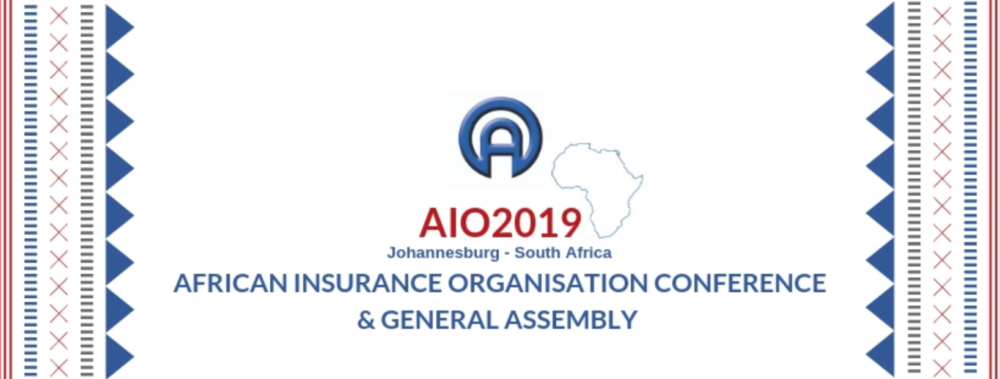
South Africa’s summer alert: insurance preparedness with Cape Town in the spotlight
As the South African Weather Service (SAWS) anticipates a particularly intense summer for the nation, marked by heatwaves and potential flooding due to the El Niño phenomenon, CEO of Ami Underwriting Managers, Christelle Colman, offers strategic advice. With Cape Town as a prime example, homeowners and individuals across South Africa are urged to adopt proactive measures, especially considering the increased fire risks.
Drawing from her extensive experience in fire safety and insurance, Christelle underscores the importance of national readiness, using Cape Town’s unique challenges as a case study.
“The forthcoming summer’s projections for South Africa, and particularly for cities like Cape Town, underscore the necessity for homeowners and individuals to be meticulously prepared, balancing both safety protocols and insurance considerations,” Colman states.
Guidelines for homeowners:
- Policy examination: Confirm that your residence and its contents are comprehensively insured against fire-induced damages. This should include coverage for potential natural disasters, especially in light of the expected fires.
- Counteracting underinsurance: Regularly reassess your property’s insurance to ensure it mirrors its full replacement value, especially post major acquisitions, or structural enhancements. Underinsurance can culminate in substantial financial burdens during unforeseen events.
- Property upkeep: Systematically eliminate fire-prone materials such as dry leaves and twigs from your property. Ensure gutters are devoid of debris and maintain a clean roof to mitigate fire propagation risks.
- Emergency contact accessibility: Retain a list of essential emergency contact details, typically furnished by insurance providers. This facilitates prompt assistance and intervention during emergencies.
- Asset documentation: Document valuable household items through photographs or video recordings to expedite the claims process if damages transpire.
Recommendations for individuals:
- Continuous vigilance: Regularly consult weather updates and adhere stringently to advisories issued by SAWS and pertinent local entities.
- Emergency preparedness: Compile an emergency kit replete with essentials such as potable water, non-perishable sustenance, a flashlight, a first-aid ensemble, and vital documentation. This is paramount for diverse emergencies, encompassing fires and floods.
- Safe mountain expeditions: For those in or visiting Cape Town and planning to hike Table Mountain, always communicate your intended route and anticipated return timeline to a confidant. Ensure hydration, wear protective clothing, and don’t go hiking in adverse weather conditions. Equip yourself with emergency contact details and familiarise yourself with evacuation pathways.
- Composure in crisis: If ensnared in a fire, stay calm. Use a damp cloth to shield your respiratory passages and adopt a low posture to minimise exposure to intense heat and noxious fumes.
- Immediate insurance interaction: After any losses stemming from fires or other natural disaster risks, make immediate contact with your insurance provider for guidance on subsequent procedures and claim initiation.
Christelle concludes with a note of optimism and caution, “While optimism is our companion, preparation remains our shield. The impending summer in South Africa may pose challenges, but with strategic foresight and careful planning, we can ensure the safety of our homes, families, and assets.”






